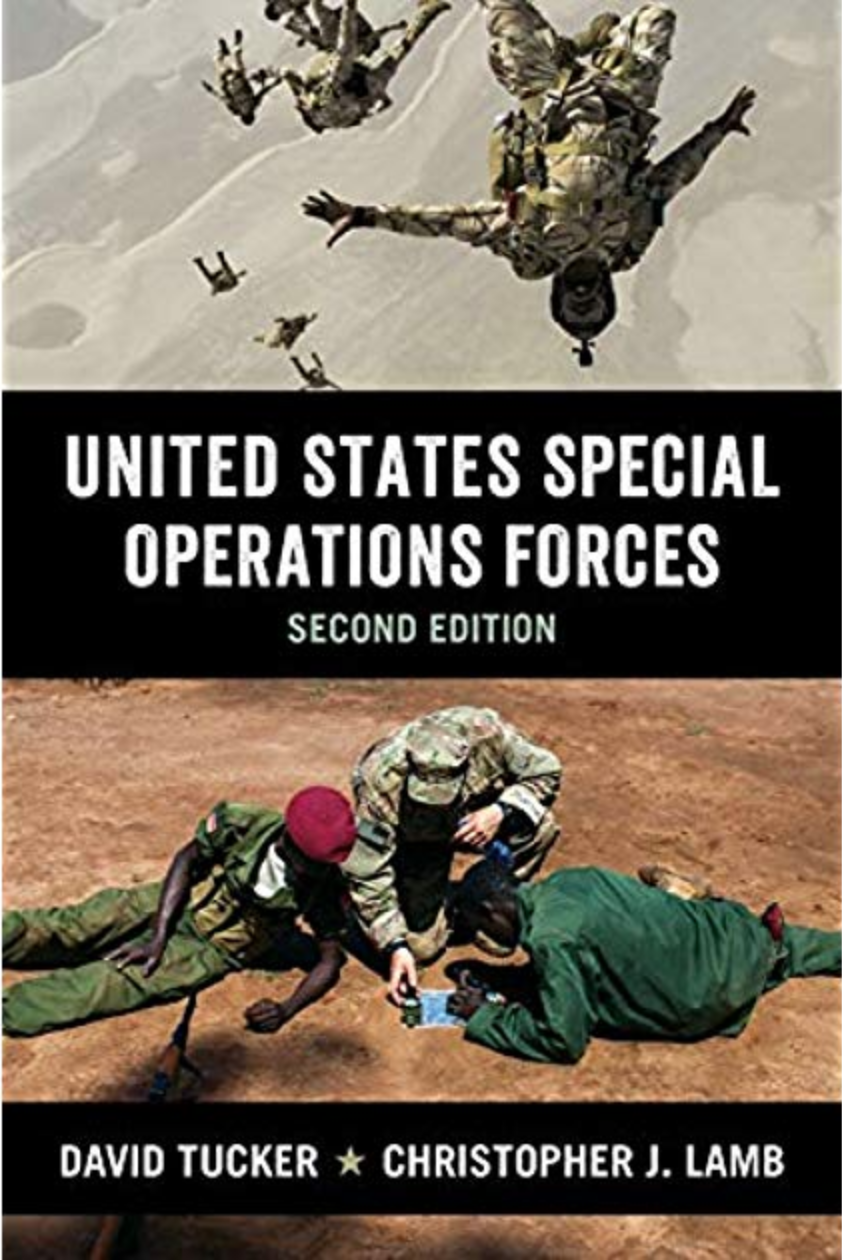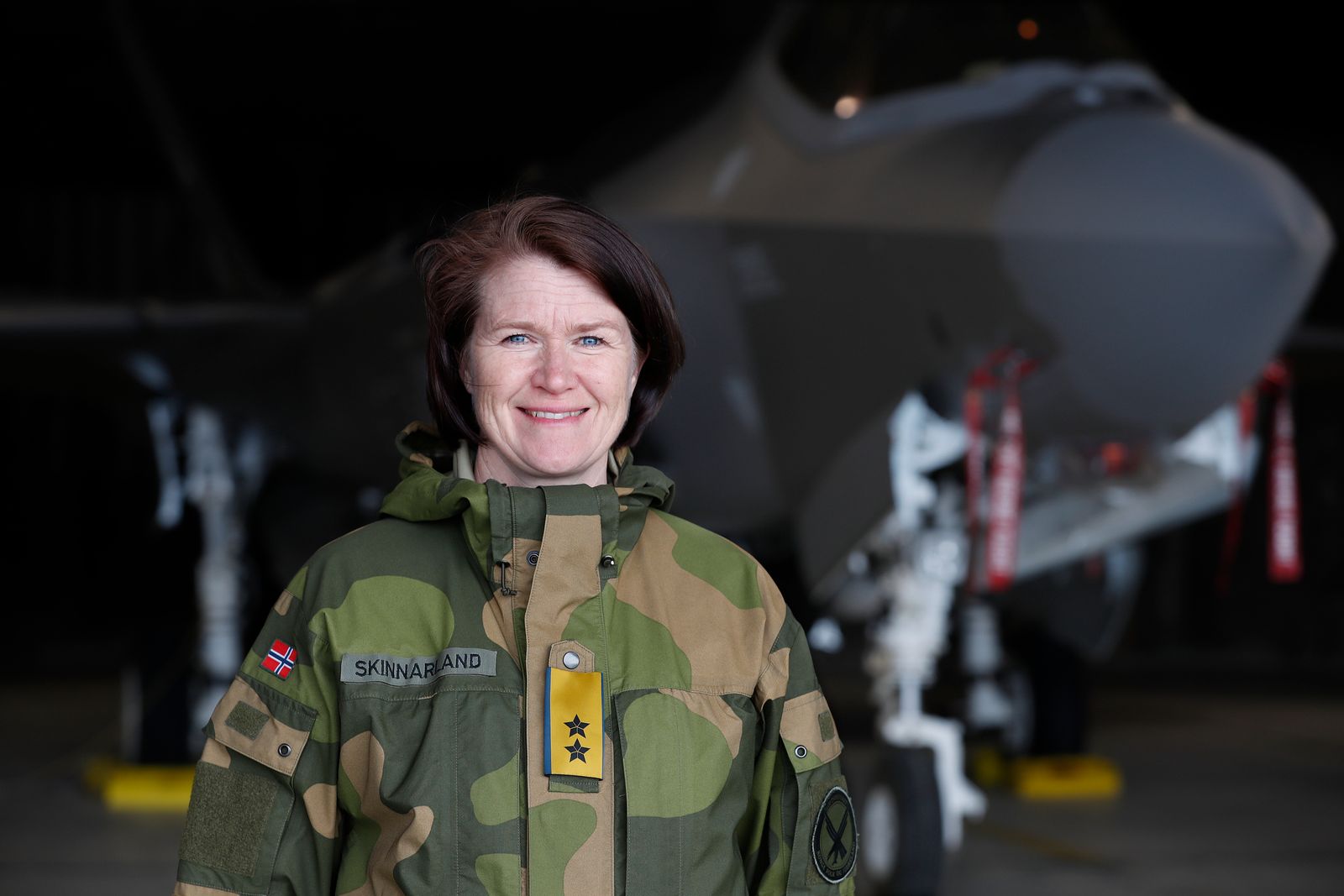Excerpt from the introduction:
In October and November 2001, small number of U.S. forces helicoptered into Afghanistan, hooked up with elements of the Northern Alliance, an assortment of Afghanis opposed to the Taliban, and, with their assistance and the support of Navy and Air Force aircraft, destroyed the Taliban regime in a remarkably short period of time. The U.S. Forces who did this were Army Special Forces, an element of the U.S. military´s Special Operations Forces (SOF) that are trained to work with indigenous forces and personnel like the Northern Alliance. SF guided bombs with lasers and global positioning technology, while sometimes riding on horseback, combining the most modern technology with the most ancient technique of central Asian warfare. Using an American idiom, President George Bush celebrated Special Forces success by describing their action in Afghanistan as “the first cavalry charge of the 21st century”[1]
How could a small team of special operators, together with poorly equipped indigenous forces achieve this in such a short period of time? What is so unique and special with these forces? How should the U.S. utilize these forces to do the best for the nation and the fight against global terrorism? Is there anything they cannot do?
The above questions are examples of what this book give answers to from an American perspective.
The author, David Tucker, is an associate professor in the Department of Defense Analysis and codirector of the Center on Terrorism and irregular Warfare at the Naval Postgraduate School, Monterey, California. His fellow author, Christopher J. Lamb, is a senior fellow with the institute for National Strategic Studies at National Defense University, Fort McNair, DC. Both have served in the Office of the Assistant Secretary of Defense for Special Operations and Low Intensity Conflict. The authors can easily be put into the category of national security experts, which this engaging book is evidence.
United States Special Operations Forces provides the reader with an in-depth understanding of the core attributes and limitations of Special Forces. It explains how best to employ these forces and how the United States might better prepare them for the future. The authors guide the readers understanding of Special Forces through a clever arrangement of the content and chapters. The in-depth interviews, at the start of the book, of special operators that were in the forefront of the U.S. war on terror in Afghanistan and Iraq in 2001/2002 frames the diversity of the special operations community and some of its challenges at the beginning of the wars in an engaging way.
This detailed start is one of the strengths of the book, but it can also be a weakness. Without a preliminary knowledge of Special Forces, the first chapter might be hard to follow without loosing track. However, as the author remarks, by going back and rereading the first chapter after finishing the book the reader have the opportunity to test the extent to which the book succeeded in explaining the key SOF attributes. So don’t put the book down, keep reading.
The book continues on by giving an in-depth explanation and understanding of the selection and training to become a Special Forces operator, giving the reader an overview of the critical characteristics that distinguish SOF from conventional forces. Chapters 3 and 4 give a historical overview of U.S. Special Operations Forces from their creation to the present, including some of America´s turbulent experience with special operations in a strategic context. Chapter 4 is dedicated to a case study of America’s experience with the failed special operation mission in Somalia in 1993.
The next two chapters go into the roles and missions for SOF, and how these have changed over time, and what they could be in the future. This brings the reader to the main point of the book, which are the recommendations. The recommendations focuses on how the U.S. SOF community should be restructured and refocused to better contribute to the future fight against global terrorism, and continue to play a strategic role in safeguarding the national security of the United States.
The authors show great care for details, which their writing proves. The book is well researched and historically correct. In total, it is both easy to read and keeps the reader engaged throughout the book. The book succeeds in giving an overview of the United States Special Operations Forces and what they are capable of accomplishing, and how they can continue to be an important force element for the United States. It is a good example of the SOF truth that “Humans are more important than their hardware,” and it’s an excellent supplement to William McRaven’s book SpecOps, mainly because it broadens the understanding of special operations forces and moves it into a strategic context.
The book is a great read for both conventional officers and Special Forces officers that want to expand their understanding of U.S. Special Operations Forces, and enhance their understanding of the roles and missions these forces should take on as part of the global fight against terrorism.
[1]“Remarks by the President at the Citadel,” The Citadel, Charleston, South Carolina, December 11, 2001. http://avalon.law.yale.edu/sept11/president_115.asp.
United States Special Operations Forces by David Tucker and Christopher J. Lamb; Published in 2007 by Columbia University Press, New York. 290 Pages.
ISBN-13: 978-0-231-13190-2. Price $45.00 (Hardcover).
ISBN-13: 978-0-231-50689-2. Price $26.99 (Kindle Edition)







